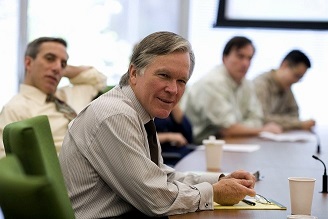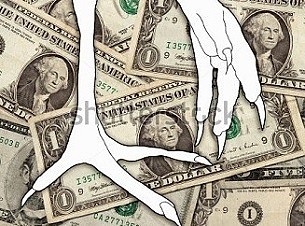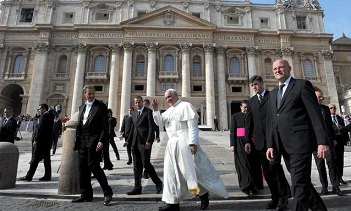Bill Keller defends role of New York Times in concealing government crimes
Last Sunday, the web site of the New York Times carried an exchange of comments between the newspaper's former executive editor and current columnist Bill Keller and Glenn Greenwald, the journalist who has played the central role in publishing revelations of illegal National Security Agency spying based on documents provided by former NSA contractor Edward Snowden.
In an introduction and in the course of his comments, Keller presents the exchange with Greenwald as a debate between “traditional” journalism, represented by himself and the Times, and the “more activist, more partisan brand of journalism” that he attributes to Greenwald.
In fact, the exchange is an attempt by Keller to whitewash his role and that of the Times in withholding information at the behest of the government and publishing state propaganda in the guise of “news.”
The Times column appears in the midst of a deepening crisis facing the Obama administration and the entire political and military/intelligence establishment over continuing exposures of massive state spying on the people of the United States and populations all around the world.
The Times and the rest of the establishment media have sought to contain the crisis while attacking Snowden and other whistle-blowers such as Julian Assange and Chelsea (Bradley) Manning, aiding and abetting the efforts of the US government to witch-hunt and silence them. Journalists such as Greenwald who have helped disseminate Snowden's revelations have been vilified as criminals and traitors.



























